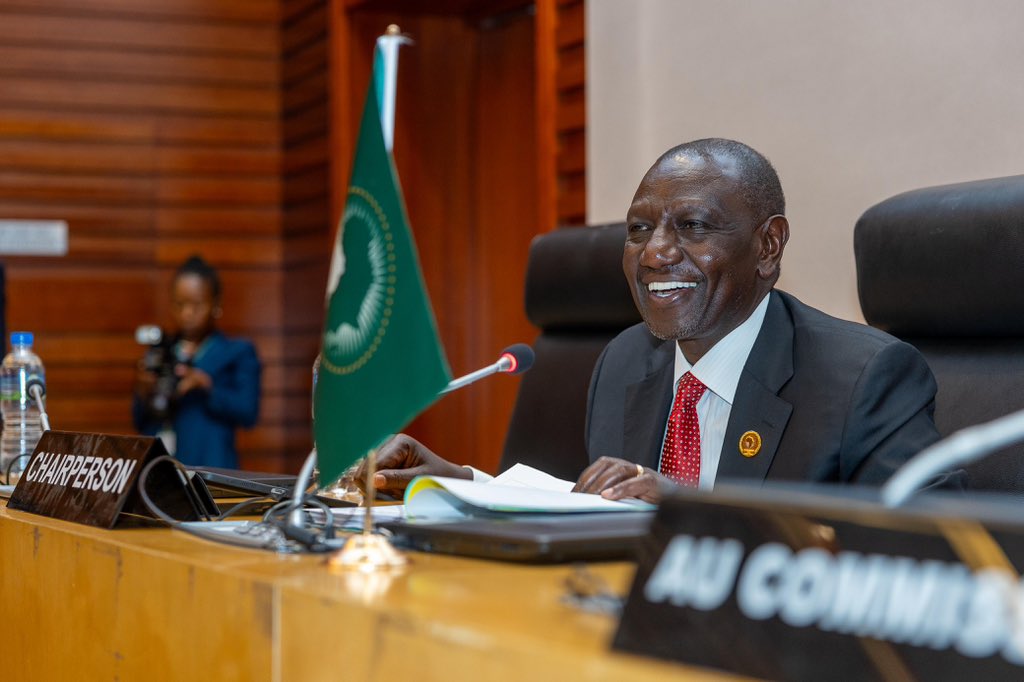
Ruto offers to foot the cost of a second African Climate Summit » Capital News
NAIROBI, Kenya, Feb 16—President William Ruto has offered to host the second bi-annual African Climate Summit later this year if no other African country is willing to take on the task.
Speaking on Sunday while chairing the Committee of African Heads of State and Government on Climate Change at the African Union (AU) Headquarters in Ethiopia, Ruto said Kenya was ready to step in if no other nation volunteered.
“We will agree at this forum where we are going to hold the next African Summit. If there is a country willing to host, that is okay with us. If there is none, Kenya will be willing to host the second African Summit,” Ruto stated.
Ruto, who hosted Africa’s inagural climate summit in September 2023, emphasized that the climate crisis continues to pose an existential threat to humanity, urging the global community to unite in combating the challenge.
He expressed concern that the withdrawal of the United States from the Paris Agreement could hinder international cooperation and climate financing.
“Despite these challenges and changes, Africa must remain proactive and demand the fulfillment of international obligations,” he said.
Ruto encouraged African nations to build on their achievements, amplify their collective voices, and position the continent as a leader in global climate solutions.
He also praised the African Continental Free Trade Area Secretariat for agreeing to support the implementation of the Africa Green Industrialization Initiative, describing it as a key step toward unlocking the continent’s renewable energy potential and driving sustainable green industrial transformation.
This comes as former US President Donald Trump signed an executive order directing the United States to withdraw from the landmark Paris climate agreement, a move that has dealt a significant blow to global efforts to combat climate change and further distanced the US from its closest allies.
The Paris Agreement aims to limit global warming to 2.7 degrees Fahrenheit (1.5 degrees Celsius) above pre-industrial levels, or at least to keep temperatures well below 3.6 degrees Fahrenheit (2 degrees Celsius) above pre-industrial levels.
With the withdrawal, the US will join Iran, Yemen, and Libya as the only countries outside the agreement, which was signed in 2016 following negotiations by 196 parties during the 2015 United Nations Climate Change Conference near Paris, France.